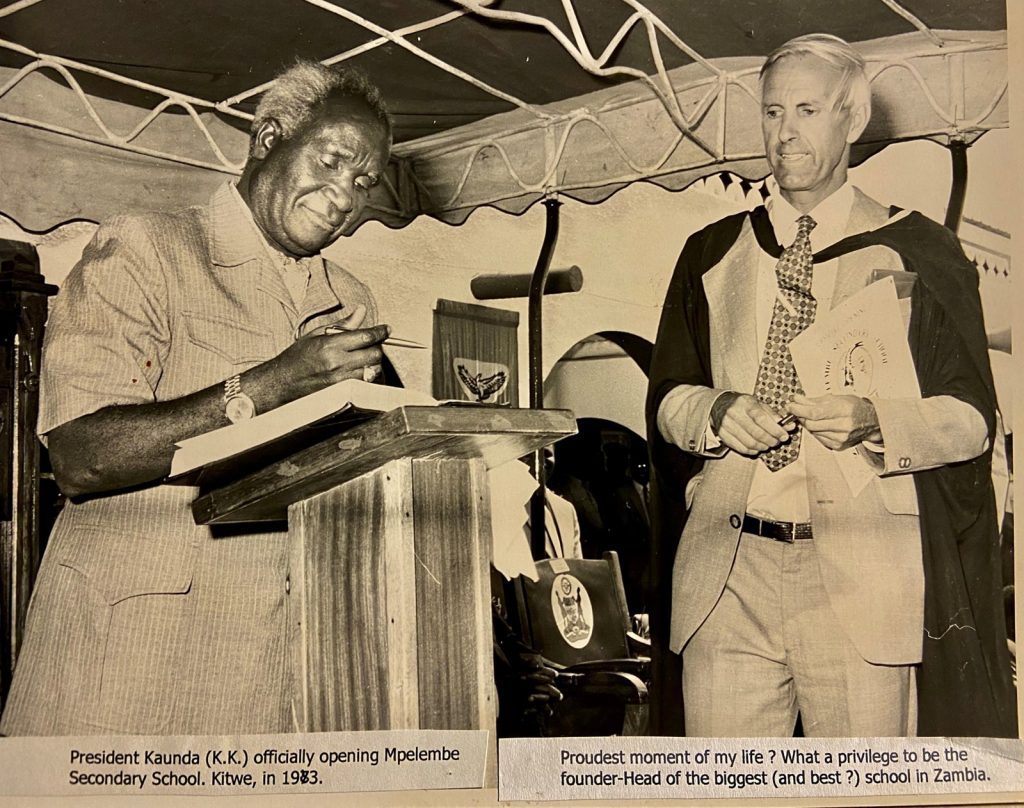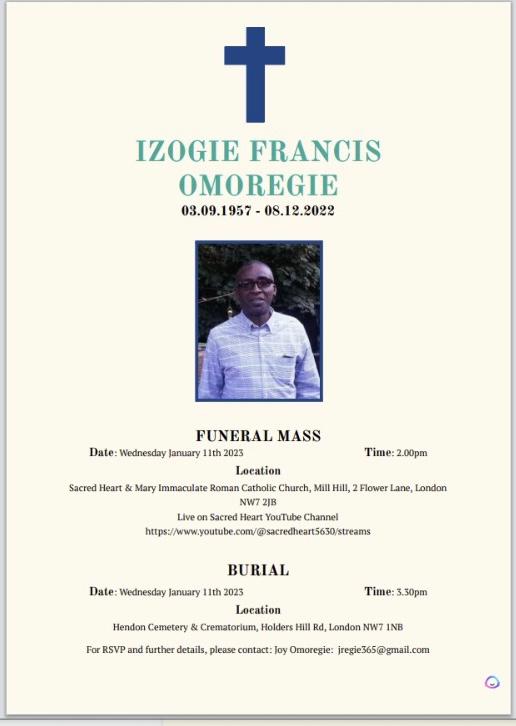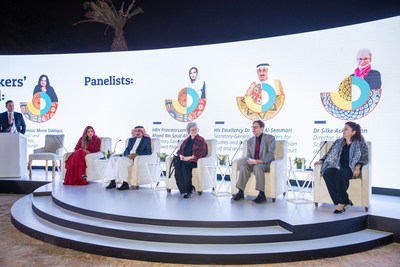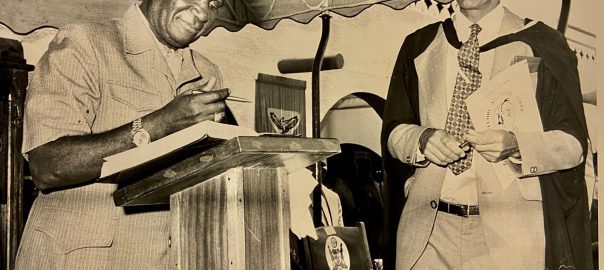LONDON, Jan 18 (Reuters) – The Church of England will refuse to allow same-sex couples to get married in its churches under proposals set out on Wednesday in which the centuries-old institution said it would stick to its teaching that marriage is between a man and a woman.
Category Archives: Human Interest
Alwaleed Philanthropies “Global” launches a global initiative to spearhead cross-cultural understanding
Chaired by His Royal Highness Prince Alwaleed bin Talal Al Saud, Alwaleed Philanthropies “Global”, today launched the Alwaleed Cultural Network (ACN), a distinguished global networking platform, to spearhead tolerance and cross-cultural understanding on an economic, specialist, collegiate and cultural industries level in an era of great transformation and diversification in Saudi Arabia and beyond. Leading with an inaugural group of more than seven globally renowned educational and cultural institutions from five countries around the world, Alwaleed Cultural Network’s debut convening was held by Diriyah Gate Development Authority at Al Diriyah, Al-Turaif Historical District, Kingdom of Saudi Arabia, on Thursday 08 December 2022. Continue reading
Daydreaming’s dark side: the compulsive, complex fantasy disorder that dominates some people’s daily lives
Giulia Poerio, University of Sussex
Despite what we’re often taught to believe, daydreaming can be immensely useful. Not only can it be a source of pleasure and a way to relieve boredom, research shows that our ability to mentally escape the present can also boost creativity, problem-solving and planning, and provide an antidote to loneliness.
TIME Names the 2022 Person of the Year: Volodymyr Zelensky and the Spirit of Ukraine
The cover story, by TIME’s Simon Shuster who spent nine months reporting on the invasion, during which Zelensky and his team have granted him unparalleled access to work inside the presidential compound, features an exclusive interview with President Zelensky on his private train while on a trip to the newly liberated city of Kherson on Nov. 14. Near Kherson, Shuster also reported from the bomb-proof military bunker, where Zelensky held a strategy session with officers in charge of the southern front. Continue reading
Black Twitter shaped the platform, but its future lies elsewhere
From cartoon memes to cancel culture, hashtag activism and “new” languages, it’s undeniable that Black Twitter has shaped much of today’s internet culture.
“Black Twitter” describes a digital gathering of culturally connected Black people who use Twitter to discuss matters related to Black communities. These cultural conversations and inside jokes have resulted in new trends, digital behaviour and changes in the platform’s digital tools.
In memory of Michael Chesterman

Donations to our chosen charity Cecily’s Fund can be made via the link below. There will be a also be a plate collection on the day to support Stody Church
https://michaelchesterman.muchloved.com/
Elon Musk: how being autistic may make him think differently
Punit Shah, University of Bath; Luca Hargitai, University of Bath, and Lucy Anne Livingston, King’s College London
The business magnate and new owner of Twitter Elon Musk revealed a while ago that he is autistic. Musk, the wealthiest person in the world, is autistic. Musk, a fellow of the prestigious Royal Society and Time’s 2021 Person of the Year, is autistic. One of the most famous people on Earth is autistic. Perhaps it is worth letting that sink in?
8 billion people: why trying to control the population is often futile – and harmful
Melanie Channon, University of Bath and Jasmine Fledderjohann, Lancaster University
The world’s population is expected to hit 8 billion people on November 15, according to the UN. Already this has prompted worry about whether there will be enough food, water and energy to support our growing population. While human activity is undoubtedly driving the climate crisis, population growth is a red herring.
Why putting your artistic calling on hold might not always be such a bad idea
Katie Bailey, King’s College London
As a boy, Terry loved music and taught himself trombone, guitar and the tuba. Right through school and university he played in the evenings in jazz groups, musical theatre and marching bands. He started work as an accountant in his early twenties, but his wide social circle in the music world meant he was still out playing gigs every evening.










